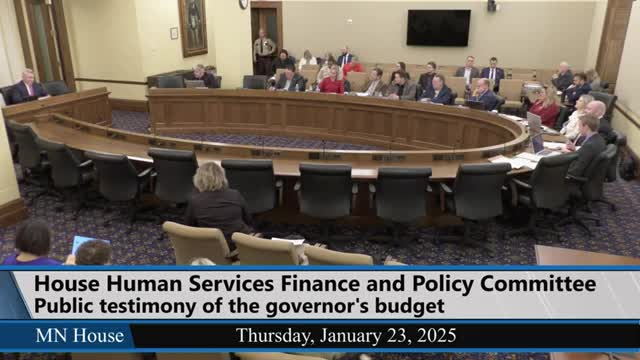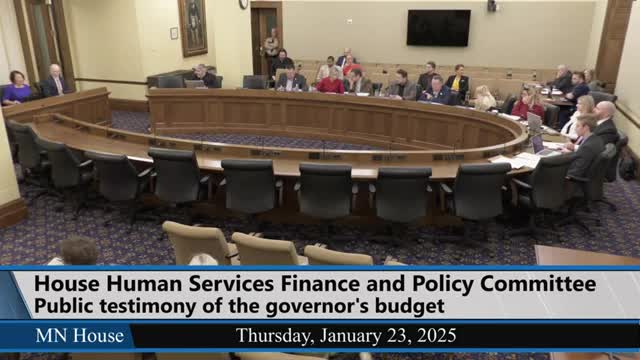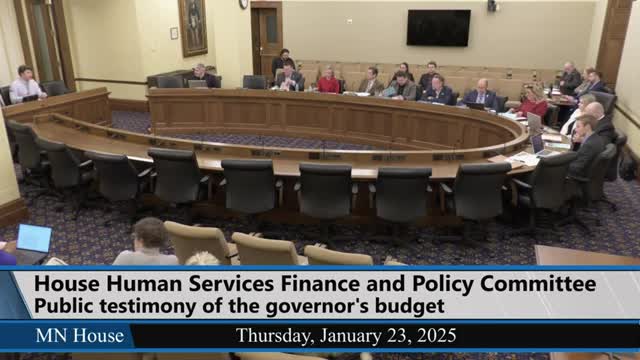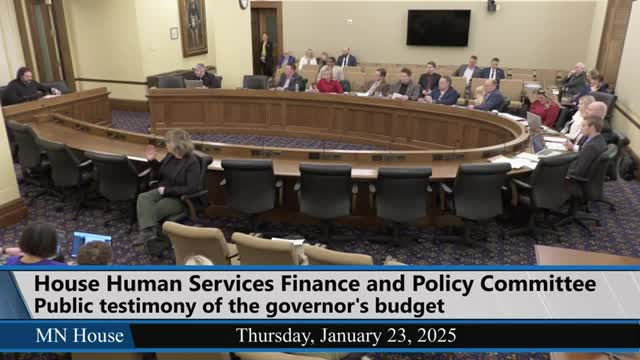Article not found
This article is no longer available. But don't worry—we've gathered other articles that discuss the same topic.

Hospitals and insurers oppose pharmacy carve‑out and higher HMO surcharge in governor’s DHS budget

Long‑term care advocates say governor’s budget underfunds nursing homes, risks reducing bed capacity

Providers warn governor’s budget cuts would deepen workforce crisis for disability waiver services

Substance use and mental health providers urge immediate rate increases after Burns & Associates study

